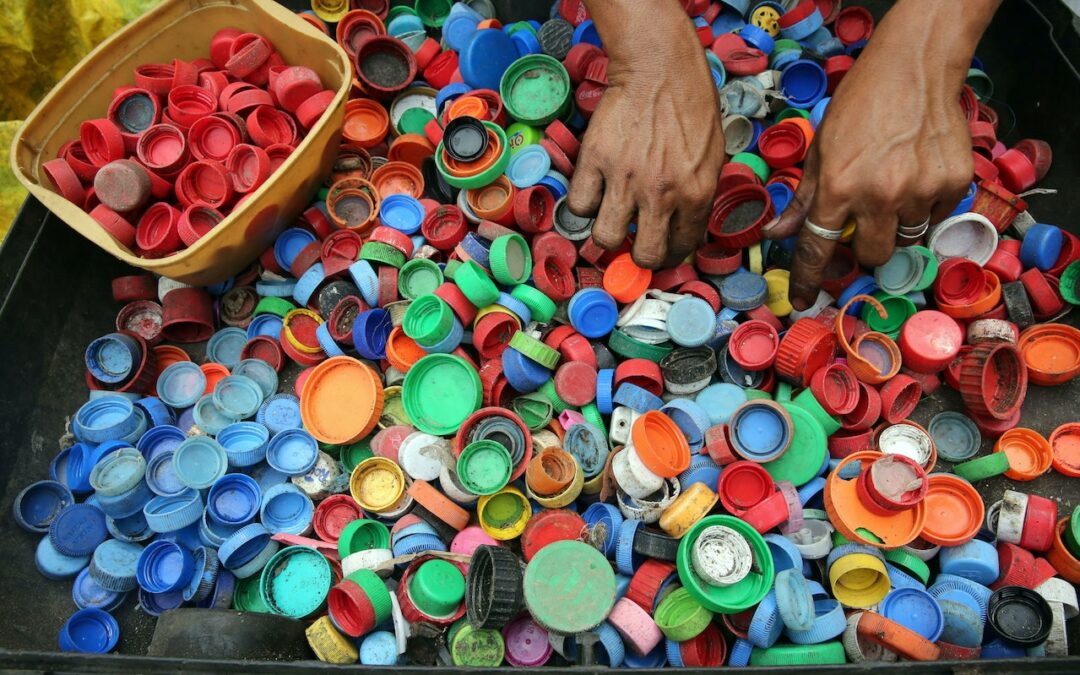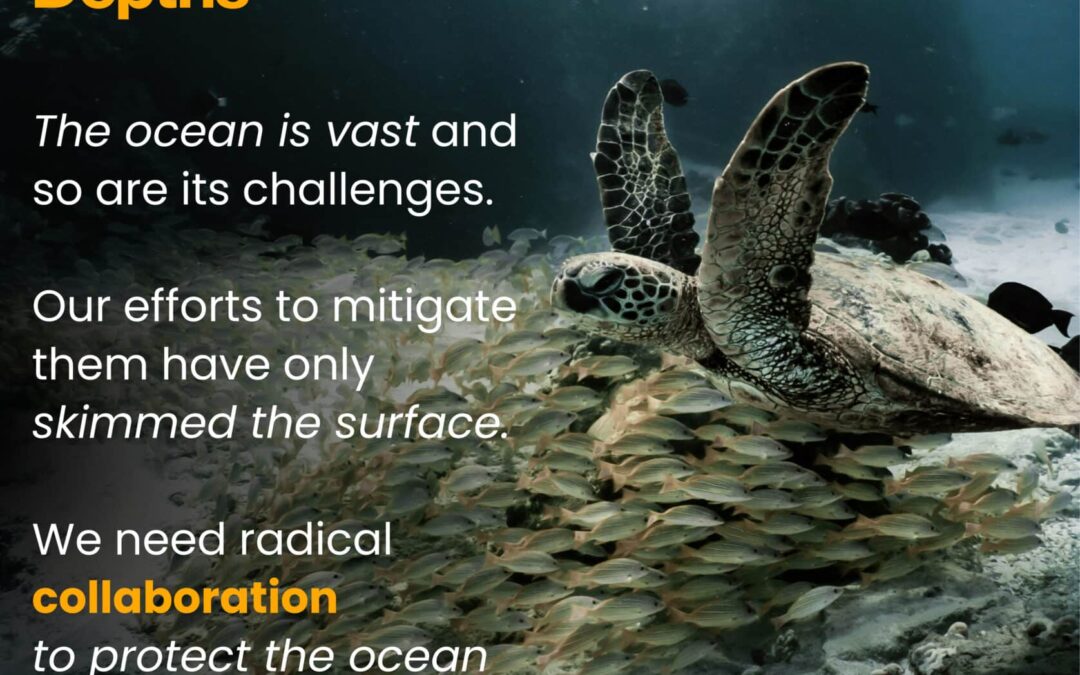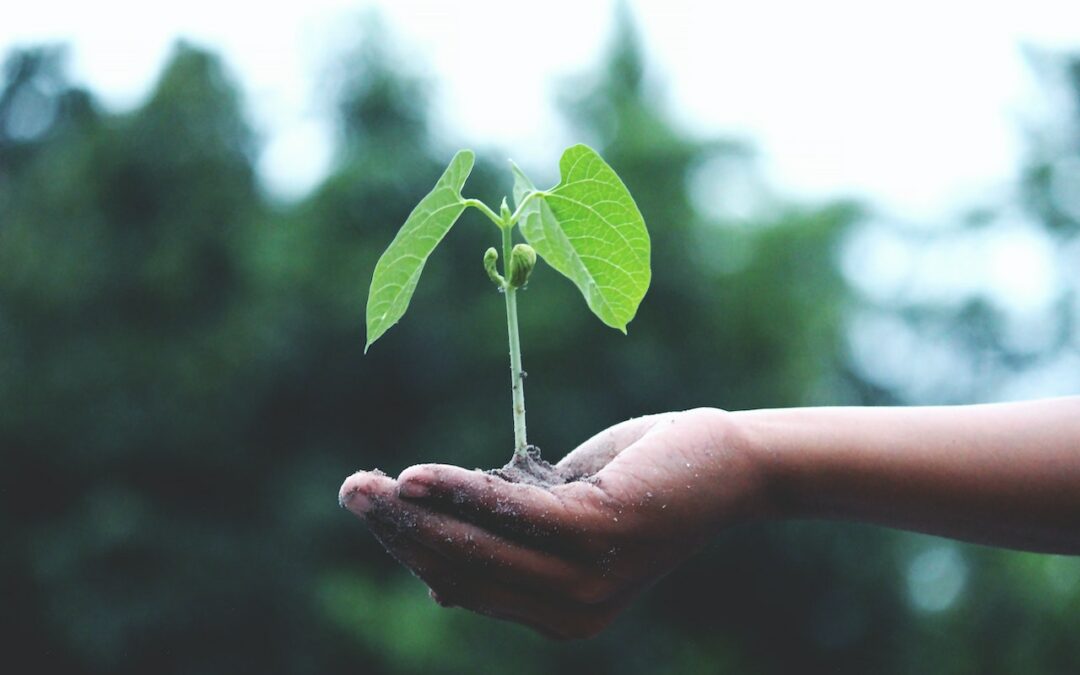
by Komoneed | Jun 10, 2024
Warm weather and long, sunny days get people out of the house and into nature or trap them inside to avoid the heat and humidity. As a result, it’s also a time when people may forget about sustainable living. An estimated 90% of U.S. households use AC to stay cool. The average usage is around 1,100 […]
The post Sustainable Living in the Summer: Tips & Tricks During the Warm Months appeared first on RecycleNation.

by Komoneed | Jun 10, 2024
The theme of this year’s World Environment Day (5 June 2024) — land restoration, desertification and drought resilience — has drawn attention to the importance of groundwater in sustaining a rising world population as the climate changes.
In Australia, groundwater supplies between one-fifth and one-third of water consumption. It accounts for more than 90% of all water used across almost 50% of Australia’s land area and is the main water source over more than 80% of the country.
To help improve groundwater research globally, a group of Australian experts from government, the mining sector, Indigenous water science and academia have collaborated on a new research priorities publication.
The report has been issued by the National Centre for Groundwater Research and Training (NCGRT) at Flinders University.
“Groundwater is critical to our water, food and energy security,” said Flinders University Professor Peter Cook, Co-Director of NCGRT. “In Australia, almost one-third of the nation’s irrigation is dependent on groundwater and 38% of our metal ore mining development.
“Groundwater also provides value beyond that derived from its extractive use, as it supports our tourism and forestry industries.
“The health of traditional lands, of which water is an intrinsic and sacred part, is intimately linked to the cultural and spiritual identity of Indigenous people and communities.
“Groundwater also plays a critical role in sustaining ecosystems and maintains springs, streamflow in most of Australia’s perennial streams and waterholes in ephemeral and intermittent streams, during dry seasons and during droughts,” Cook added.
Professor Peter Cook. Image courtesy of Flinders University.
Cook, a professor of hydrogeology, said significant advances in groundwater science, management and policy have been made over recent decades, but there are several contemporary and emerging challenges that will increase pressure on groundwater resources.
The report responds to projections that while the Australian population is expected to grow to between 37.4 and 49.2 million by 2066, a quarter of Australia’s 288 groundwater management areas are already over-allocated.
“Australia is not ready to manage a doubling of groundwater demand within the next few decades without addressing key knowledge gaps,” Cook said.
“Climate change is predicted to reduce groundwater replenishment in many of Australia’s productive agricultural regions, further threatening groundwater supplies. Improved science and management will be required to ensure Australia’s food, water and energy security and protect the environment.”
In their report, the groundwater experts have recommended 18 research priorities to prepare for a growing demand on groundwater due to the joint impacts of climate change, impending El Nino conditions, population growth, an increase in mining and a shift in Australia’s energy mix. These include:
Understanding the impacts of climate change on groundwater replenishment, water demand and cropping systems.
Developing better water infrastructure and management systems that allow us to switch between using rivers, dams and groundwater depending on climatic conditions.
Creating a framework to support explicit groundwater management/allocation to protect Indigenous cultural values.
Better understanding the errors in models to predict future changes in water availability and how to quantify them.
Exploring the potential productive use of saline groundwater, including the potential to substitute saline water for existing freshwater use in industry and mining.
Developing methods and materials to support building community knowledge of groundwater and the need to use it sustainably.
The National Groundwater Research Priorities report June 2024 is available to read online.
Top image caption: NCGRT report graphic. Image courtesy of Flinders University.

by Komoneed | Jun 10, 2024
To call our attention to all that the ocean does for us and all that we do to it, the United Nations is hosting a special program for World Oceans Day (UN WOD) on Friday, June 7, 2024.
The post ‘Awaken New Depths’ and Celebrate UN World Oceans Day 2024 appeared first on EcoWatch.

by Komoneed | Jun 10, 2024
Western Australia’s Cook government has doubled the size of grants for horticulture and viticulture growers who rely on the Gnangara groundwater system — Perth’s largest natural water source for drinking water and private supply.
The increased funding is intended to drive sustainability in the sector and protect this valuable water resource.
As part of the $1.19 million Gnangara Horticulture Water Use Efficiency Grants Program, up to $100,000 will be made available to growers, and grower co-contribution requirements will be reduced.
“This government has listened to growers who depend on Gnangara groundwater and we’ve adapted this important program to help commercial horticulture and viticulture growers adopt more efficient irrigation strategies for the future,” said Agriculture and Food Minister Jackie Jarvis.
The grants will help Gnangara growers to install water use efficiency infrastructure, including irrigation system design, soil and crop sensor technology, permanent protected cropping and soil amelioration.
Vouchers of up to $5000 are also available for professional advice to help develop efficient irrigation systems and to adopt new technology and sustainable cropping strategies.
“These grants will drive more sustainable use of groundwater for horticulture and viticulture from the Gnangara groundwater system, so the area can continue to provide fresh produce and employment opportunities close to Perth,” said Water Minister Simone McGurk.
“The program will assist the horticulture sector with the transition to reduced groundwater use before lower water entitlements come into effect from 2028 as part of the Gnangara Groundwater Allocation Plan.”
For more information and to apply for a Gnangara Horticultural Water Use Efficiency Grant or voucher, visit www.agric.wa.gov.au/horticulture-water-use-efficiency-grants. Applications close 30 June 2025.
Image credit: iStock.com/BeyondImages

by Komoneed | Jun 10, 2024
Feminine deities intertwine with nature in Mary Maka’s digital illustrations. Depicting the deep connection between humans and the environment, the artist (previously) questions the prospect of maintaining a harmonious bond with other living creatures. Though holistic coexistence pervaded mythological narratives, can that type of kinship still exist today?
Simultaneously emanating an aura of gentleness and power, each figure almost completely melds into the lush environments they find themselves in. More
Do stories and artists like this matter to you? Become a Colossal Member today and support independent arts publishing for as little as $5 per month. The article Mary Maka’s Digital Illustrations Evoke the Tender Coexistence of Humans and Nature appeared first on Colossal.





